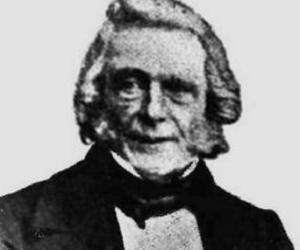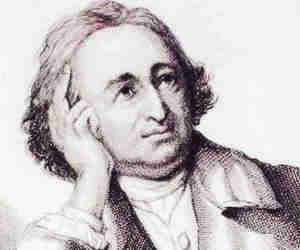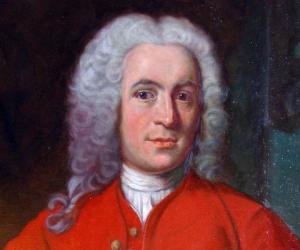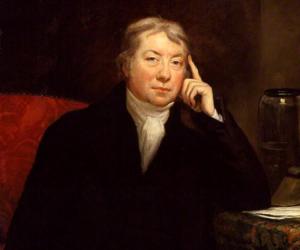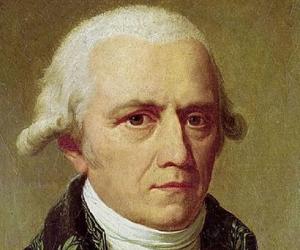Swedish botanist and lecturer Carl Linnaeus, who established the concept of binomial nomenclature, or the system of naming organisms, is also known as the father of modern taxonomy. His system of classification is known as Linnaean taxonomy. He was the first to include humans and apes under the header Anthropomorpha.
Edward Jenner was an English scientist and physician. Referred to as the father of immunology, Jenner is credited with pioneering the concept of vaccines. Jenner's work laid the foundation for subsequent discoveries in the field of immunology; his work is believed to have saved more lives than any other work. In 2002, Jenner was included in BBC’s Greatest Britons list.
French biologist Jean-Baptiste Lamarck acquired his love for plants while serving as a soldier in the French army. Following an injury, he quit his military career but retained his love for botany. He later taught zoology, studied the classification of invertebrates, and also coined the term biology.
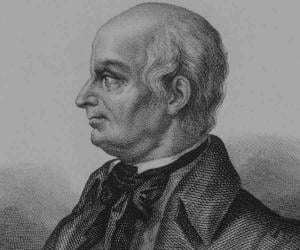
Lazzaro Spallanzani was an Italian physiologist, biologist, and Catholic priest. He is best remembered for making significant contributions to the study of animal reproduction, bodily functions, and animal echolocation. Lazzaro Spallanzani's research on biogenesis was the first step towards debunking the theory of spontaneous generation.
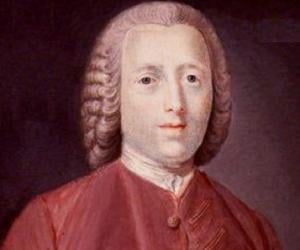
British naturalist and biologist John Needham was also a Roman Catholic priest who became the first Catholic clergyman to be named a Fellow of the Royal Society of London. He supported the theories of spontaneous generation and vitalism. He also served the Imperial Academy in Brussels as its director.
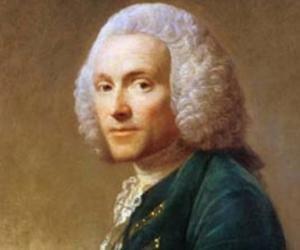
Physician William Hunter is remembered for his efforts in making obstetrics a branch of medicine. After observing medical students in France, he introduced the use of cadavers for dissection in Britain. The Hunterian Museum in Scotland started with a collection of his belongings, including books and works of art.
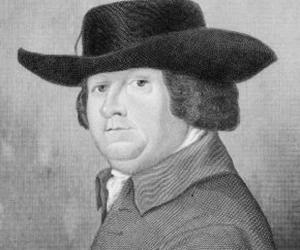
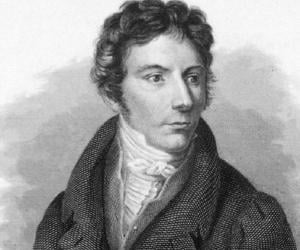
German naturalist and botanist Lorenz Oken is remembered as one of the most significant German natural philosophers of the 19th century and a leader of the Naturphilosophie movement. His studies on Wolfgang von Goethe’s theory on the vertebrate skull helped prepare ground for Charles Darwin’s theory of evolution.
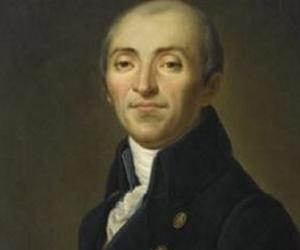
French naturalist Bernard Germain de Lacépède is best known for his contribution to fellow French naturalist Comte de Buffon's Histoire Naturelle. He enriched the world’s knowledge of fishes and reptiles. Following the rise of Napoleon, Lacépède joined the French Senate and later became a minister of Bourbon state.
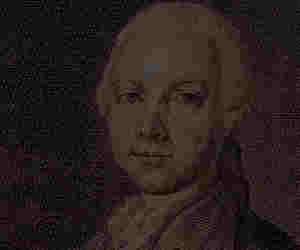
Giovanni Antonio Scopoli was an Italian naturalist and physician. He published a number of taxonomic works, such as Entomologia Carniolica, which described hundreds of new species. Giovanni Antonio Scopoli also served as a professor at the University of Pavia and the Mining Academy in Schemnitz.
